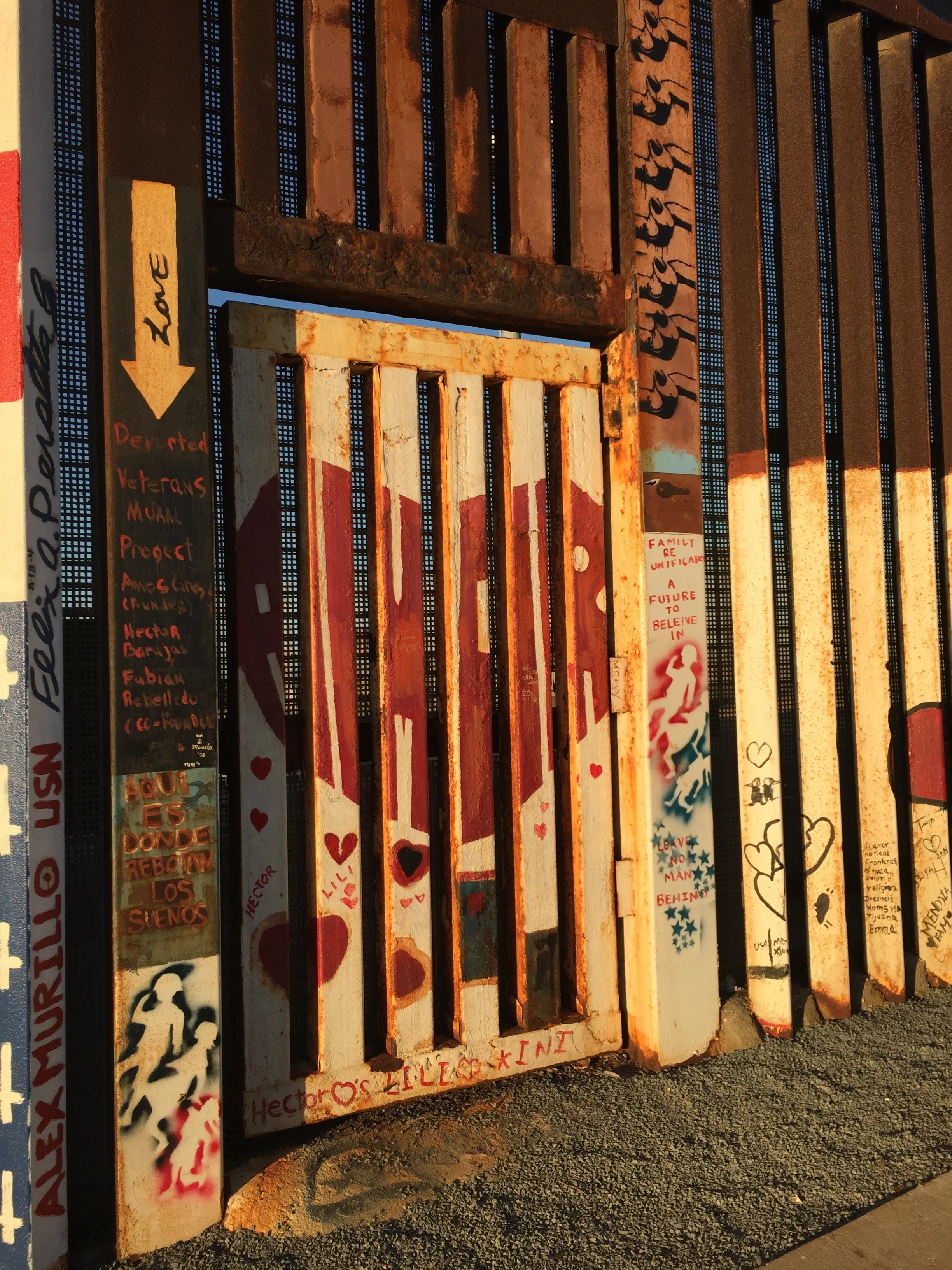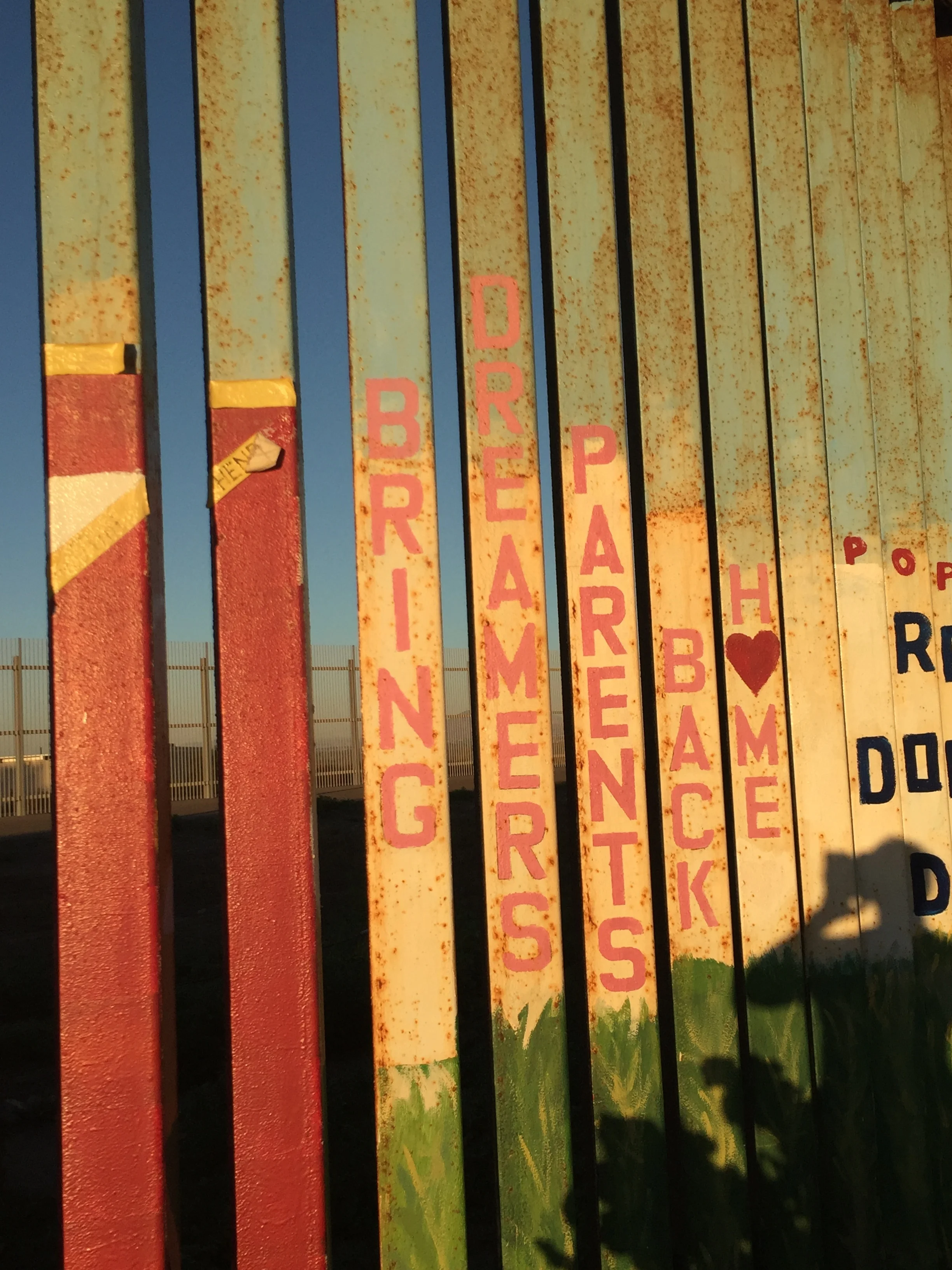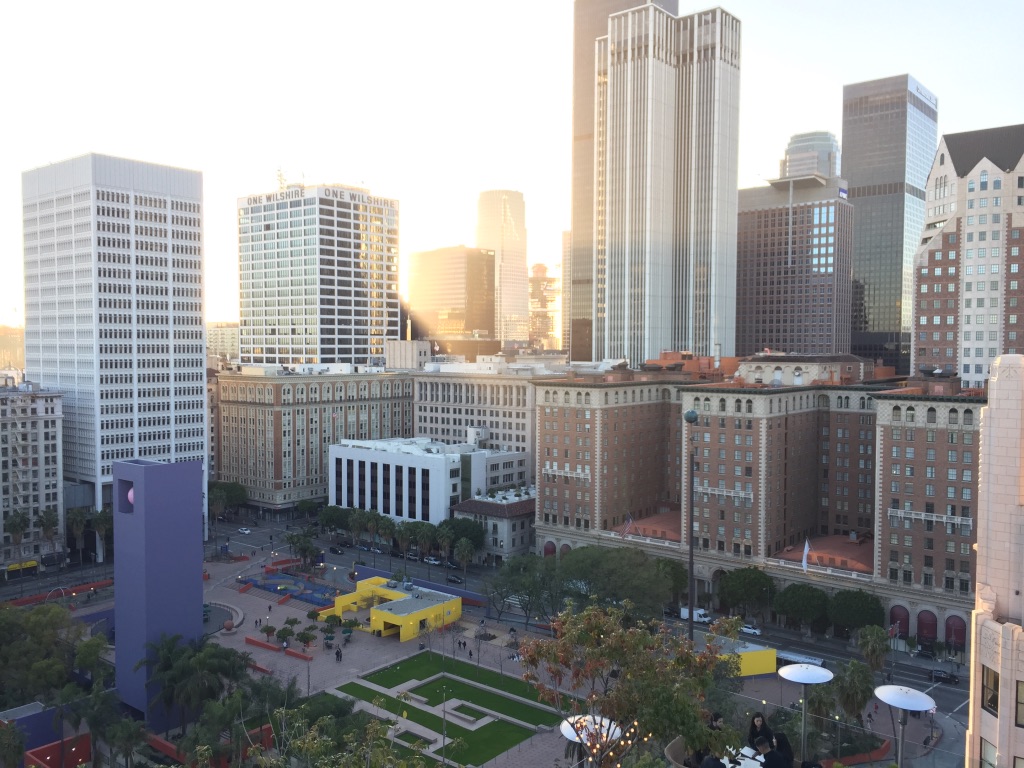There is something profoundly soothing in bringing life out of the earth. To grow something through a little bit of work in partnership with Nature, is a rewarding feeling.
It’s no wonder that small gardens have taken off as a pandemic trend. Having started one in October - in part as a small celebration for my daughter’s birthday - this little project has been a boost for the soul. The warmth that comes from seeing things sprout from the ground is a salve made for these times.
I thought a lot about that when watching Minari, last month. Especially since the film hinges on the story of a Korean immigrant family moving across the country to pursue a life in farming. In a word, the film is a masterpiece, drawing on strong performances from Steven Yeun and Han Ye-ri.
It is also, though, a film that provides a visceral and thought-provoking examination on the dreams we sow, and the fruit - both sweet and bitter - that we reap.
***
The film begins with a lie. Jacob (Yeun) and Monica (Ye-ri) are driving from California into a rural town - we learn it’s in Arkansas - to their new home. Immediately upon arriving, it is clear through Monica’s reactions that nothing is what was promised: the home they are moving to is a portable trailer; the land they live on is overgrown; and it is cut-off from all of the community connections - including fellow Koreans, specifically from a Korean church - that they’d come to know as immigrants in California.
Monica’s resistance to remaining here, cut off from the kind of support network and convenience they’d found in California, stands opposite to the persistent dreaming and hoping and, eventually, scheming of Jacob. It also represents a schism that exists between the two that is revealed in a way that is truly wonderful: that of a city girl meeting a country boy. Jacob dreams of making it as a farmer, growing things from the land and using that to earn for his family.
The film trots out pretty familiar conditions of an immigrant story: fish-out-of-water experiences when the family attends the all-white Christian church nearby; awkward interactions with new neighbors (including an unexpectedly weird and delightful performance from Will Patton); the distance between grandchildren (especially the one played by young Alan Kim) immigrant family members they’ve been separated from for years; and the insistence on things like immigrant diligence and ingenuity to win the day.
By the end, the film manages to turn a lot of these tropes on their head whether by providing us with characters who give unexpected welcome or by subverting those tropes entirely by questioning the very nature of them (more on that in a second). It is a wonderful, warm, intimate, and at times heart-rending journey.
It also delivers on a bit of a meta reflection of farming as life: that while intent and care and diligence and work are all necessary to reap a good crop, so much lifting and work exists beneath the soil and out of the hands of farmers. That for all we do with our hands, so much depends on things beyond our grasp.
***
I’m writing this on the second of February and yesterday, my wife indicated that my broccoli plants started to have a head of broccoli emerge. We’ve had our typical drop of rain for this season last week and have only a smattering here or there thru this month to expect, based on past years. But it fed our plants well.
Prior to this, I’d been a little let down by how my plants have been faring. Turning over in my head if I should have just invested in some actual fertilizer instead of relying on my old coffee grounds as the sole source of nourishment I’d been giving them. Especially given I’d decided to cut back on my coffee consumption in November.
So, it’s been months of wondering and hoping and questioning. Yes, I put in the hours and did the work. But was it enough?
***
The American immigrant experience is rooted in dreams and myth-building. Which is, itself, a uniquely American paradigm. We are, after all, a nation of Gatsbys.
And the thing about all of this dreaming is that, necessarily, some of our dreams simply won’t pan out. That for all of the toil and sacrifice and, yes, even good fortune along the way, most of us will necessarily come up just short of our dreams. Life as an immigrant in America means buying into that dream in some of the most fantastic of ways: leaving your entire support structure to make a better life in a strange land filled with strange faces.
It also means that the path to achieving that dream is much more narrow, much more perilous. And the costs of failure much more steep. If Main Street is bailed out a pittance, how much less so for the part of that street located in Little Manila?
The lessons in Minari take you to this point. And, without spoiling the film any further, arrives at reflection that is equal parts frustrating, sad, hopeful, and honest. The grace notes in the conclusion - that, for immigrant families, the profound truth is that we are all we have - are deeply resonant for anyone that’s taken a risk to see through a dream. More, anyone that’s mortgaged their present for that dream.
This morning, before work, I hustled outside to put more used coffee grounds into my planter. The baby crops look a little perkier and there is, as there was yesterday, the hope for reaping something from all of this work. But I also know that nothing is guaranteed, especially when the fruits are tied to labor from hands that aren’t my own.
It is perhaps the greatest truth revealed in Minari and one that maybe could only have been presented through immigrant eyes: that the ideal of American individualism is nothing more than a field of depleted soil, yielding only bitter fruit.



















